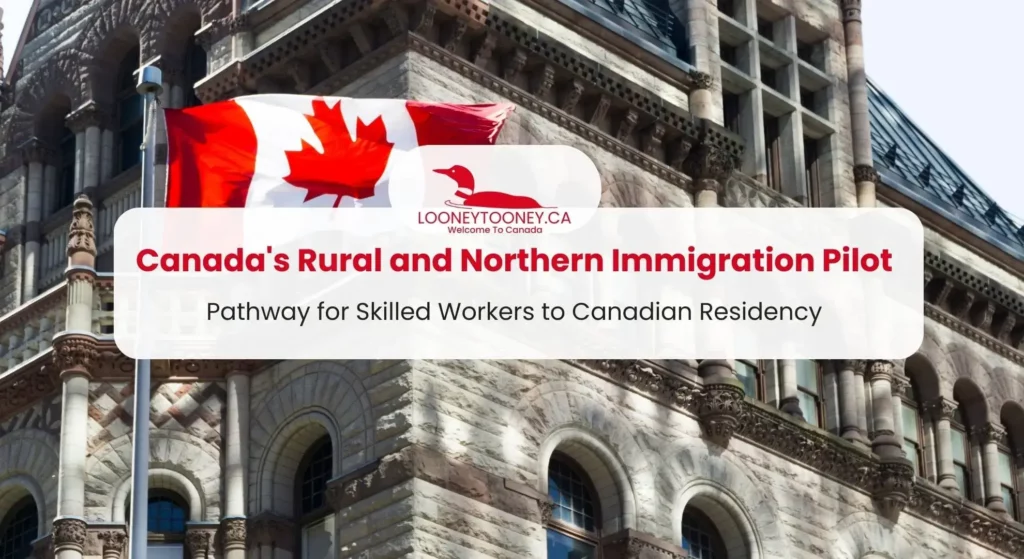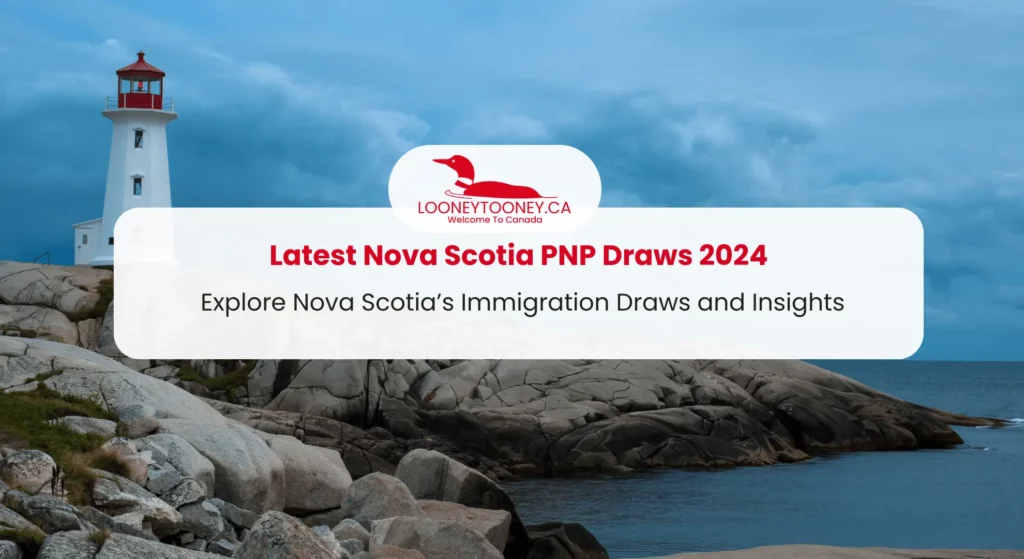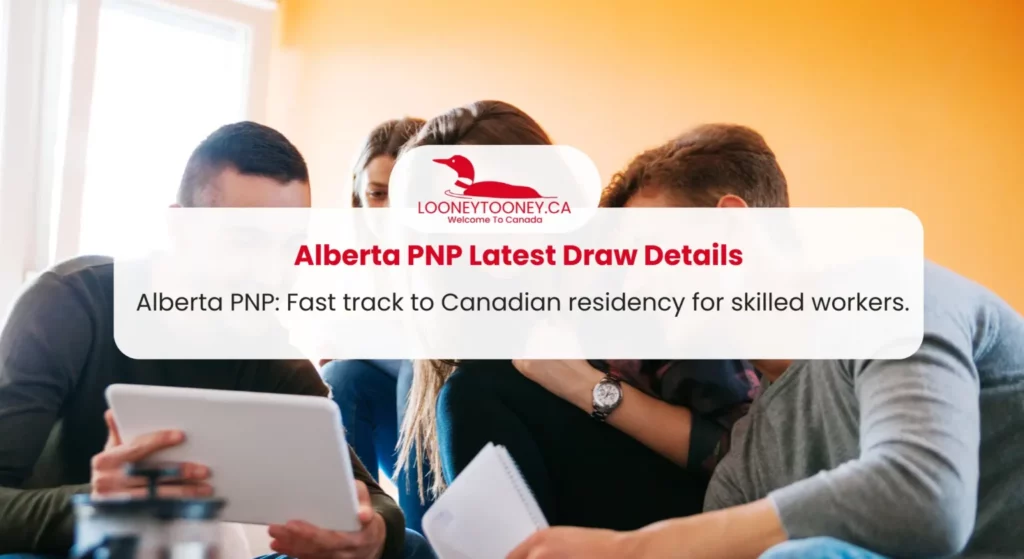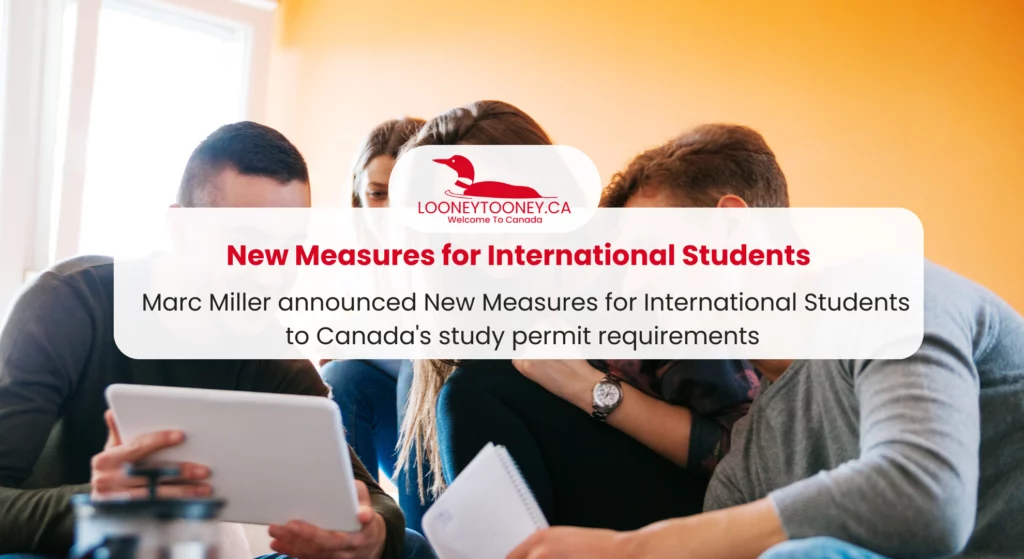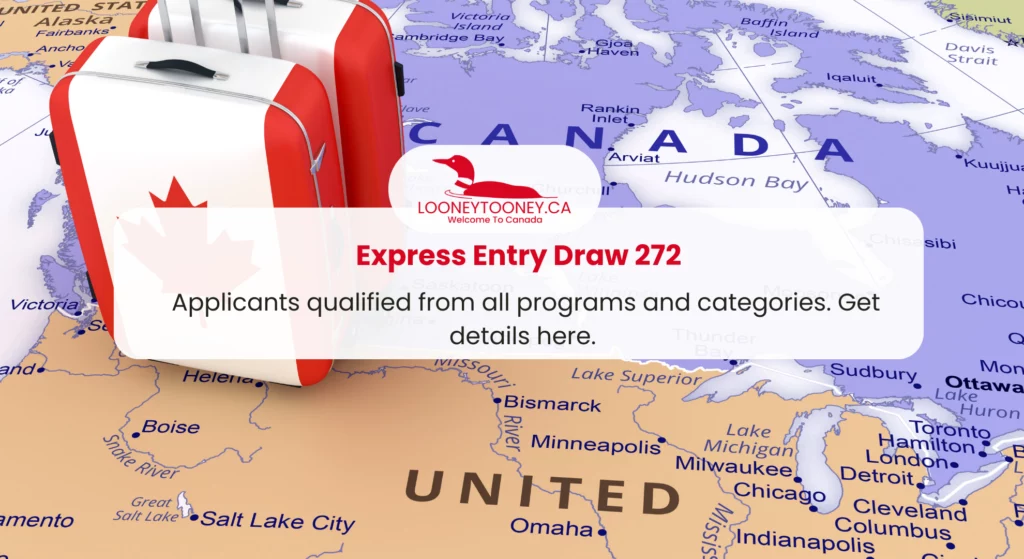Canada, with its diverse landscapes and multicultural cities, remains a top destination for immigrants worldwide. To further its demographic and economic growth, the Canadian government introduced the Rural and Northern Immigration Pilot (RNIP). This program specifically addresses the unique immigration needs of Canada’s smaller communities.
The Rural and Northern Immigration Pilot is a community-driven initiative by the Canadian government. Its main goal is to help smaller communities, especially those facing aging populations and labor shortages, attract and retain skilled foreign workers. These communities often struggle to draw new immigrants, and this pilot seeks to distribute the benefits of immigration more evenly across the nation.
Participating Communities
The RNIP is active in 11 communities across Canada, including:
- North Bay, Ontario
- Sudbury, Ontario
- Timmins, Ontario
- Sault Ste. Marie, Ontario
- Thunder Bay, Ontario
- Brandon, Manitoba
- Altona/Rhineland, Manitoba
- Moose Jaw, Saskatchewan
- Claresholm, Alberta
- Vernon, British Columbia
- West Kootenay (Trail, Castlegar, Rossland, Nelson), British Columbia
Each community has its specific requirements and processes. It’s crucial to research and understand the criteria set by the community you’re interested in.
Who is Eligible for the Rural and Northern Immigration Pilot?
To qualify for the RNIP, candidates must meet specific federal criteria:
1. Work Experience
The Rural and Northern Immigration Pilot places a significant emphasis on applicants having relevant work experience. This experience ensures that candidates can contribute effectively to the Canadian workforce and integrate seamlessly into the community. Below are the specific criteria that applicants must meet in terms of work experience:
- 1 year of work experience (1560 hours) in the past 3 years.
- Experience can be from multiple occupations or employers, inside or outside Canada.
- Exclude hours from volunteer work, unpaid internships, and most self-employment.
- Must meet the skill level of the job offer’s NOC.
Special Note for Applications Before September 23, 2022: Experience can be non-continuous due to the COVID-19 exemption.
2. Educational Requirements
For those considering the Rural and Northern Immigration Pilot, understanding the educational prerequisites is crucial. Here’s what you need to know:
- Canadian High School Diploma: One of the primary requirements is the completion of a Canadian high school diploma.
- Foreign Education: If your educational credentials are from outside Canada, it’s essential to meet the following criteria:
– Educational Credential Assessment (ECA): You’ll need an ECA report from an approved organization to validate your foreign education.
– Equivalency: The ECA should confirm that your foreign education is on par with a Canadian high school diploma.
– Validity: Ensure that your ECA report is not older than five years at the time of your application and remains valid on the day you apply.
3. Language Proficiency
Language proficiency is a pivotal aspect of the Rural and Northern Immigration Pilot. Being proficient in either English or French can significantly enhance your chances of success. Here’s a detailed look at the language requirements:
- Minimum Language Levels: The minimum language level you need depends on the job you’re applying for:
– For NOC 0 and A jobs: You need to meet a minimum language level of Canadian Language Benchmark (CLB) 6 in either English or French for all four language abilities: reading, writing, listening, and speaking.
– For NOC B jobs: The minimum required is CLB 4 in all four language abilities. - Approved Language Tests: The IRCC recognizes specific language tests to determine your proficiency. These include:
– For English: IELTS (International English Language Testing System) – General Training and CELPIP (Canadian English Language Proficiency Index Program) – General test.
– For French: TEF Canada (Test d’évaluation de français) and TEF Canada (Test d’évaluation de français). - Test Results: Your test results should not be older than two years (24 months) when you submit your application. It’s essential to ensure that your results remain valid throughout the application process.
4. Job Offer
Securing a valid job offer is a fundamental requirement for the Rural and Northern Immigration Pilot. The job offer you receive plays a significant role in determining your eligibility for the program. Here’s a detailed breakdown of the job offer criteria:
- Full-time and Non-seasonal: The job offer you receive should be full-time, which means a minimum of 30 paid hours per week. It’s essential that the job is non-seasonal, implying that employment is consistent throughout the year.
- Job Location: The job you’re offered must be located in one of the participating communities of the Rural and Northern Immigration Pilot.
- NOC Code: The job offer should match a National Occupational Classification (NOC) code. This code determines the skill level of the job. The NOC code for the job should match the work experience you’re using to meet the eligibility requirements.
- Duration: The job offer should be permanent, meaning there is no set end date. It should be an ongoing position without a predetermined termination date.
- Wage: The wage mentioned in the job offer should meet or exceed the median wage for the specific job in the community where you’ll be working. It’s essential to ensure that the wage is competitive and aligns with prevailing local standards.
- Community Recommendation: The participating community where you’ve been offered a job should recommend you. This recommendation is crucial as it signifies the community’s endorsement of your application.
- Employer Requirements: The employer offering you the job should be established and in good standing in the participating community. They should meet the criteria set by the community and be willing to support the newcomer’s integration into the local community.
5. Settlement Funds
When applying for the Rural and Northern Immigration Pilot (RNIP), it’s crucial to demonstrate that you possess adequate funds to support yourself and your family upon arrival in Canada. These funds are essential to ensure you can comfortably settle in your new community.
Required Amount (as of April 25, 2023):
a. If you applied for community recommendation on or before September 22, 2022:
- 1 family member: $9,470 CAD
- 2 family members: $11,790 CAD
- 3 family members: $14,494 CAD
- 4 family members: $17,598 CAD
- 5 family members: $19,959 CAD
- 6 family members: $22,511 CAD
- 7 family members: $25,062 CAD
For each additional family member beyond 7: $2,551 CAD
b. If you applied for community recommendation on or after September 23, 2022:
- 1 family member: $2,367 CAD
- 2 family members: $2,947 CAD
- 3 family members: $3,623 CAD
- 4 family members: $4,399 CAD
- 5 family members: $4,989 CAD
- 6 family members: $5,627 CAD
- 7 family members: $6,265 CAD
For each additional family member beyond 7: $637 CAD
6. Intention to Reside
Candidates should show their intention to live and contribute to the community they’re applying to.
Application Process for the Rural and Northern Immigration Pilot
Here are the steps involved in the application process for the Rural and Northern Immigration Pilot:
1. Community Recommendation
- Secure a recommendation from one of the participating communities.
- Each community has its own recommendation process, tailored to its specific needs.
- The community will assess if you genuinely intend to reside there and can contribute to its economic growth.
- Upon receiving a recommendation, you’ll be given a community-specific code, crucial for the next steps.
2. Gather Necessary Documents
- Prepare all the required documents as per the official document checklist.
- This includes your community recommendation, valid job offer, proof of work experience, language test results, educational credential assessment (if applicable), and other relevant documents.
3. Complete the Application Forms
- Use the instruction guide to assist in filling out the forms.
- Forms to be completed include:
– Generic Application Form for Canada (IMM 0008)
– Additional Dependants/Declaration (IMM 0008DEP)
– Schedule A – Background/Declaration (IMM 5669)
– Schedule 4: Economic Classes – Provincial Nominees (IMM 0008 SCHEDULE 4)
– Schedule 4A: Economic Classes – Rural and Northern Immigration Pilot (IMM 0008 SCHEDULE 4A)
– Supplementary Information – Your travels (IMM 5562)
– Separation Declaration for Minors Travelling to Canada (IMM 5604)
– Statutory Declaration of Common-law Union (IMM 5409)
– Use of a Representative (IMM 5476) - Ensure all details are accurate and consistent with your supporting documents.
4. Pay the Application Fees
- Principal Applicant: CAD $1,365 (includes processing of $850 and right of permanent residence fee of $515).
- Spouse/Partner: CAD $1,365 (includes processing of $850 and right of permanent residence fee of $515).
- Dependent Children: CAD $230 per child.
- Biometrics: CAD $85 per person; CAD $170 for a family.
5. Submit Your Application
- After filling out the forms, attaching all necessary documents, and paying the fees, you can submit your application.
- Retain copies of everything you submit.
6. Wait for a Decision
- IRCC will review your application.
- They might request additional documents or an interview.
- Once a decision is made, you’ll be informed about the outcome.
7. If Approved
- If your application is approved, you’ll receive a Confirmation of Permanent Residence (COPR) and a permanent resident visa (if you’re from a country that requires a visa).
- Ensure you have your COPR and visa when you travel to Canada.
The Rural and Northern Immigration Pilot offers a unique opportunity for skilled workers to make Canada their home. By settling in smaller communities, immigrants not only benefit from a close-knit environment but also play a pivotal role in local economic growth and cultural enrichment. If you meet the criteria and are eager to start a new chapter in Canada, the RNIP could be your pathway to a promising future.
Check out other related articles:

